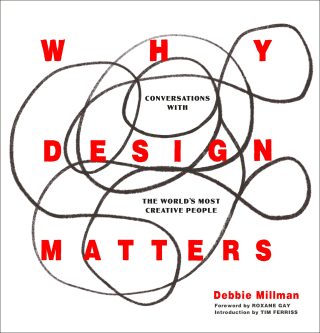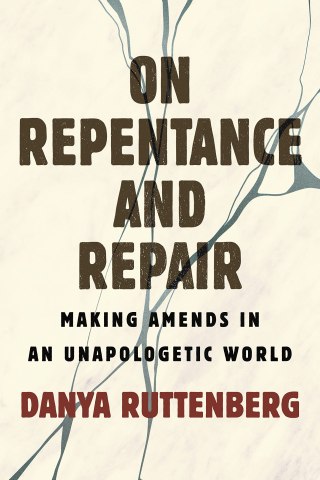What reasons would there be to create it? It might be a possible entry point for non-philosophers to engage with philosophy; being clued into who among today’s philosophers apparently share your views might pique your interest enough to explore their works. It might serve as a research tool for students. It might serve as discipline-wide expertise database for media outlets looking for people with certain views. It might provide us with information about the state of philosophy or the sociology of the discipline that anonymized survey data does not.

Your suggestions and thoughts welcome.
Said’s site asks each visitor 24 questions, presents their resultant view as one dot on a graph populated with other dots representing the views of well-known economists, and tells you which famous economist your own view is closest to. The underlying data about economists’ views is pulled from a survey of “an ideologically diverse set of economists.” (For those curious, the code for the site is on GitHub.)
[Paul Klee, “Variations (Progressive Motif)”]
For the project to fulfill some of these functions, it would need to feature questions that are more accessible to non-experts than the questions on the PhilPapers surveys. What questions should it ask?

There are various silly little quizzes across the internet claiming to be able to tell you which famous philosopher you most agree with, but as far as I know, philosophy does not have something like Chris Said’s “Which Famous Economist Are You Most Similar To?“
Is a similar project possible in philosophy? It does seem like we have the technology and wherewithal for this kind of thing (e.g.). One might wonder about combining philosophers’ views about different subjects so they can be represented in a tractable way, but that doesn’t seem an insuperable obstacle. (Perhaps the weighting of individual topics could be something a user of the site could adjust based on what is most important to them.)




